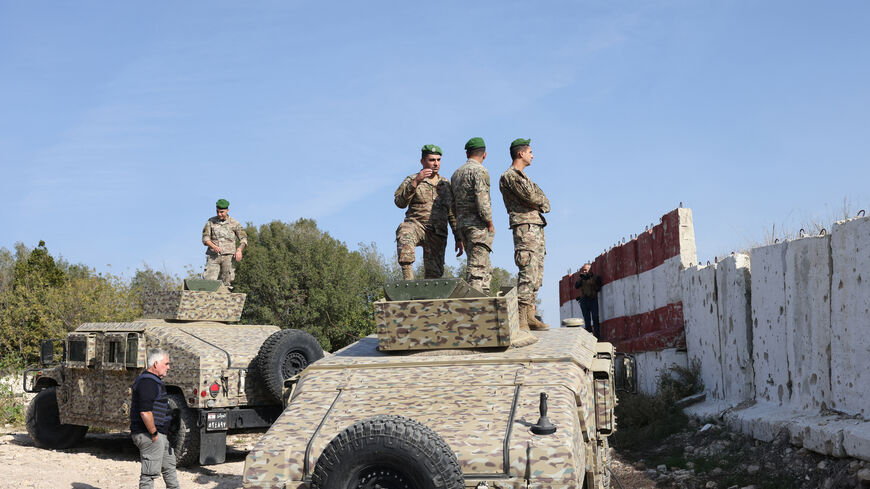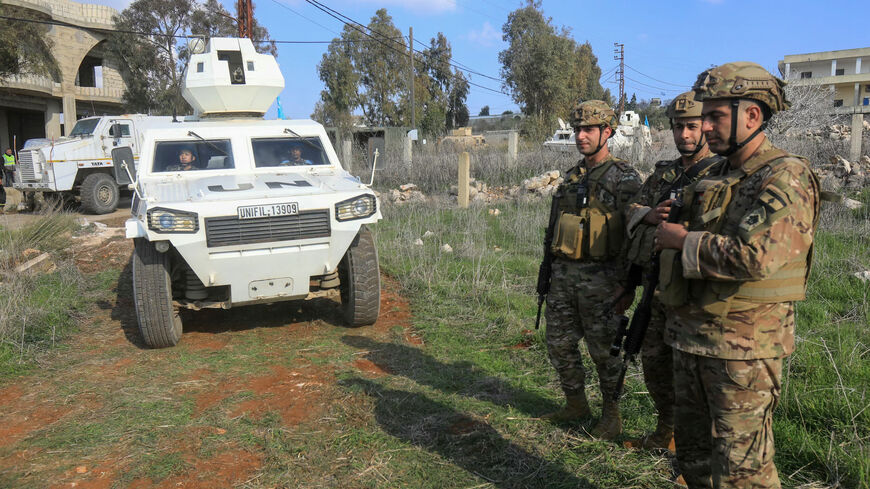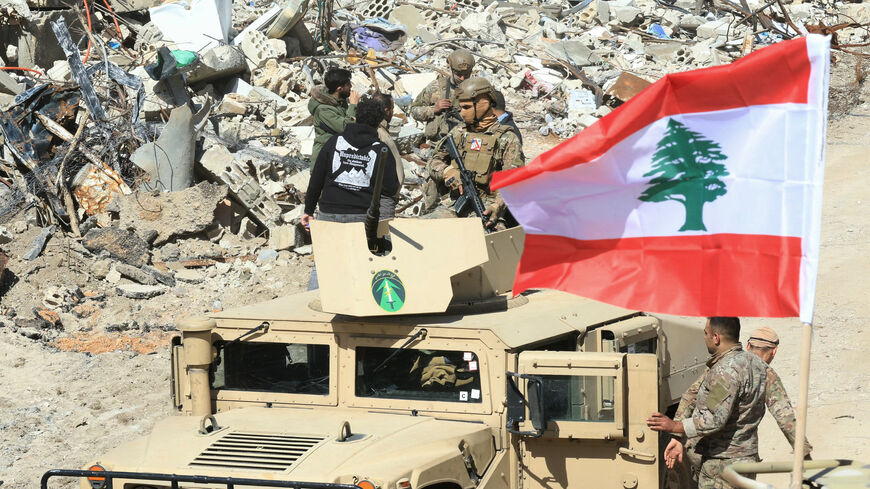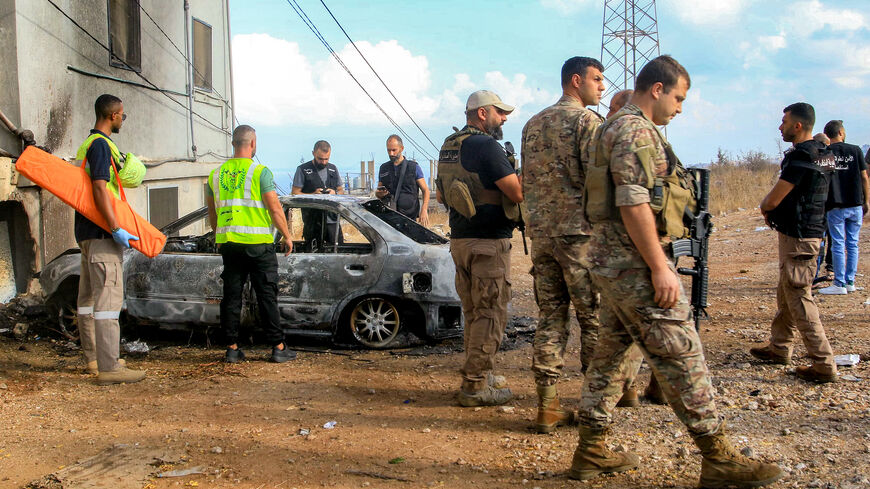US green lights $95 million in aid for Lebanon’s army
The Trump administration made an exception to its foreign assistance freeze for a $95 million aid package headed to Lebanon's armed forces.
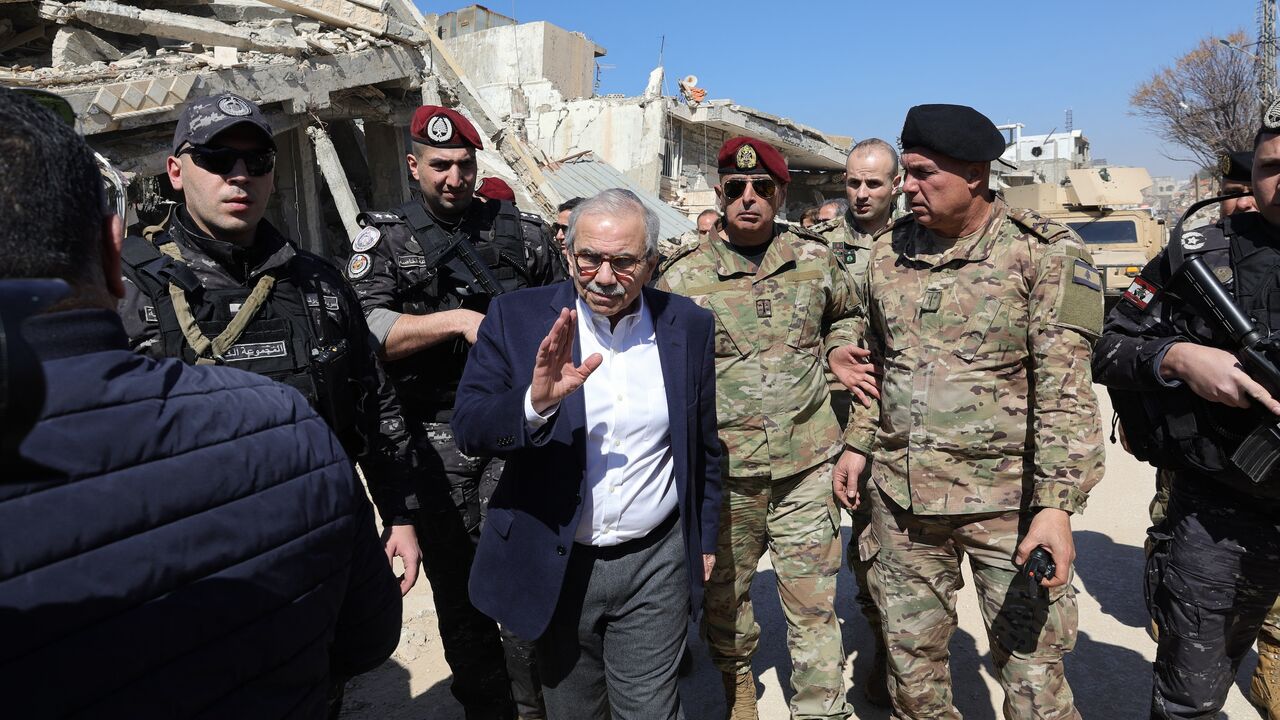
The US State Department has approved an exception for the transfer of $95 million in military assistance to the Lebanese Armed Forces, despite US President Donald Trump’s ongoing freeze on foreign aid.
A State Department spokesperson confirmed to Al-Monitor that an exception has been made for the aid. "The Department approved an exception to expend the $95 million of FMF recently reprogrammed to Lebanon. We are working with our DoD [Department of Defense] colleagues to move forward with the implementation of these funds," the spokesperson said.
Al-Monitor has reached out to the Lebanese army for comment.
The military aid package was one of former President Joe Biden’s last acts in office and an attempt to bolster the ceasefire between Israel and Hezbollah, which requires the the Lebanese army to deploy to areas previously occupied by the Israeli military. Israel initially postponed its withdrawal until Feb. 18, citing concerns over the army's ability to redeploy to southern Lebanon. However, it later announced that it would remain in five locations in southern Lebanon indefinitely.
Trump has instituted a freeze on all US aid for 90 days while his administration reviews US aid commitments. On Jan. 24, Secretary of State Marco Rubio authorized a freeze of all foreign assistance abroad — including military funding — to all countries except Israel and Egypt.
The Lebanese army has long been the beneficiary of US foreign aid — for example, in January 2023, the US rerouted $72 million in assistance to Lebanon to help pay the salaries of its employees — and has thus maintained a friendly relationship with the United States, even when the rest of Lebanon’s government struggled to do so. But in late January, Al-Monitor's Jared Szuba confirmed that the assistance package for the Lebanese army had been included in the US aid freeze, until now.
The move to make an exception for Lebanon's army is “an important vote of confidence from the US in the new order emerging in Lebanon,” Firas Maksad, managing director for the Middle East and North Africa practice at Eurasia Group, told Al-Monitor.
Know more: Under the ceasefire with Israel, the Lebanese army “will need to draft some 6,000 additional soldiers to deploy in Hezbollah’s stronghold of south Lebanon,” Maksad said. The aid could prove vital in allowing the military force to box out Hezbollah in southern Lebanon and could thus ensure the ceasefire holds.
Following its war with Israel, which dealt a significant blow to the group, Hezbollah's influence in Lebanon has weakened, particularly as the country's new government, led by former army chief President Joseph Aoun and political reformer Prime Minister Nawaf Salam, takes charge.
Despite these political changes, the Lebanese army faces serious challenges. The military is cash-strapped and understaffed, said Maksad. “Currently, the Lebanese military is being forced to withdraw essential units tasked with maintaining stability in other parts of the country during a period of sensitive political transition,” he added. Support for the Lebanese army is “essential,” Maksad said.
The move is doubly important considering Lebanon’s current economic straits, which threaten to destabilize the political transition. Over the weekend, President Aoun visited Saudi Arabia for talks with Saudi Crown Prince Mohammed bin Salman, where Saudi financial support was likely high on the agenda.
Lebanon is seeking funds for both investment and reconstruction after years of economic crises and the recent Hezbollah-Israel war, which caused an estimated $8.5 billion in damages, according to the World Bank.
The Trump administration’s move to allow the transfer of funds to Lebanon’s military is a tacit signal to countries like Saudi Arabia and others that Lebanon is a bet worth making. The aid "also carries a multiplier effect, signaling to other potential donors that Lebanon has Trump’s stamp of approval," Maksad said.
